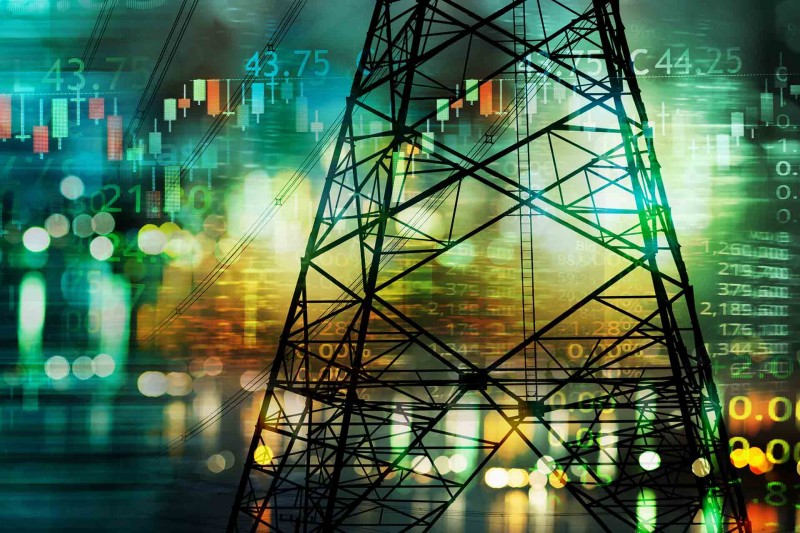EU spurs a new energy market in southeast Europe
The nations of southeast European are making sweeping changes to create a single energy market to spur competition, attract investment and give customers a choice of energy suppliers.
Power utilities in this part of the world were traditionally state-owned, but economic crises after the fall of Communism, coupled with last decade's wars, damaged much of the regional electricity infrastructure.
Believing that reform of Balkan energy markets, both gas and electricity, will fuel economic recovery in the region and give energy security to all of Europe, the European Union has stressed these changes as a major part of its strategy in the region.
The EU set the changes in motion when it signed along with eight countries and the United Nations Mission in Kosovo the Energy Community Treaty of 2005. This followed two "Memoranda on Understanding" signed in Athens to create one energy market in southeast Europe. The initial memo was only a political declaration, but the 2005 treaty is legally binding and came into force July 1.
Liberalizing the electricity markets means a long list of fundamental changes to how Balkan countries previously ran their utilities. Because these countries had always owned every level of the power utilities, they first had to split these companies into separate companies for the generation, transmission and distribution of power. That process is called "unbundling."
The treaty also requires the countries to create independent regulators and transmission system operators. Regulators oversee the market to ensure free competition. These agencies make rules for the structure and operation of the market, issue licenses and conduct hearings when complaints arise. Transmission System Operators (TSOs) maintain, operate and develop the power transmission system.
Other major treaty requirements are to implement third-party access to infrastructure in other words, give companies other than official state utilities the right to use wires to transport electricity from the power plant to the end user-and to ensure that consumers are protected and the market is transparent.
The memos of understanding set a 2005 deadline for opening energy markets in the region, but that has been extended to 2008 for commercial customers to be able to choose their suppliers, and 2015 for households to be able to choose.
So far, the process is lagging.
"Since the (Energy Community) treaty was signed, and since the Athens Forums were started, I would say the pace of real market opening and the pace of development of competition in the last couple of years has been very disappointing," said Peter Styles, a board member of the European Federation of Energy Trading.
Each country is at different stages in the process. So far, every country that signed the treaty, except for Montenegro, has established its own Transmission System Operator. But according to a report by the Southeastern Europe Electrical System Technical Support Project (SEETEC) these TSOs are not yet functional or financially stable enough to carry out their roles. Only Romania's has been admitted to the European Transmission System Operators.
The report also notes that traders handle 70 to 90 percent of the cross-border trade in the region, even though generators with surplus power are not developing their own trading capacities. "It is not clear why generators with surplus power in the region are trading through traders instead of developing an internal trading business," the report says.
Styles calls this a "a curiosity of the region" which he says is not truly open to all traders.
"We're still very concerned about inconsistent development and application of rules for network access and market access, and we're still very concerned about transparency," he said.
Doing business in places like Serbia, Bosnia-Herzegovina and Albania is still difficult due to endemic corruption and the over-politicalization of state businesses. Energy traders in the region have been frequently investigated by police and parliamentary organizations for corruption and bribery in the region but no charges have been filed against any of them.


